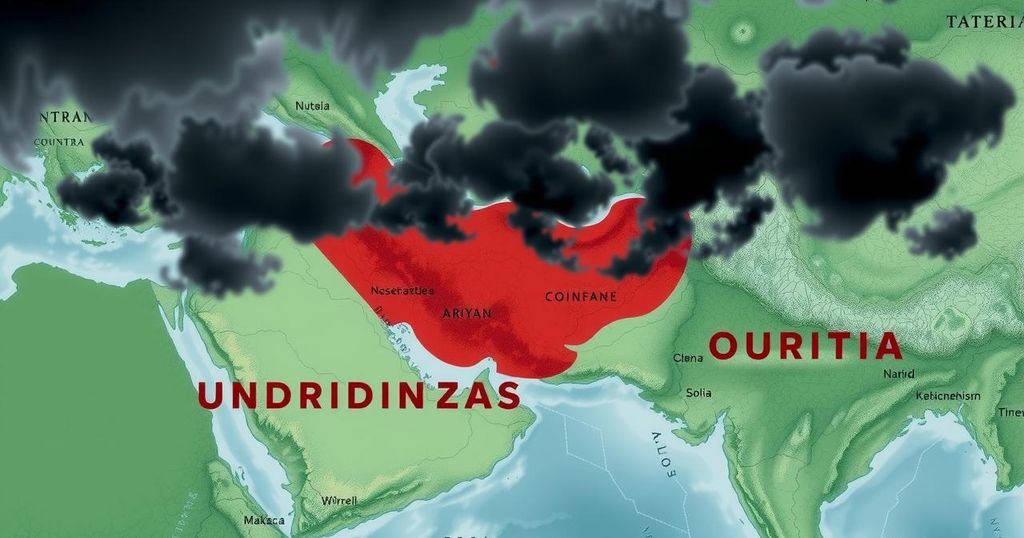Prime Minister Ralph Gonsalves of St. Vincent and the Grenadines warns of ongoing tensions following the ICJ’s impending ruling on the Guyana-Venezuela border dispute. The ICJ is expected to deliver a judgment later this year, although both nations have engaged in provocative exchanges, with Venezuela dismissing claims of territorial violations. Gonsalves notes that regional stability remains at risk while international entities respond to escalating tensions.
Prime Minister Ralph Gonsalves of St. Vincent and the Grenadines has expressed concerns about ongoing tensions following the impending ruling by the International Court of Justice (ICJ) regarding the long-standing border dispute between Guyana and Venezuela. He stated, “Whichever way they go, you’re still going to have tensions,” underscoring the challenges that may persist regardless of the court’s judgment.
Gonsalves, serving as an interlocutor under the Argyle Agreement made in December 2023, noted that the ICJ is expected to deliver its decision later this year or early in the next. He added, “I don’t know. I don’t know. I’m not too up-to-speed on the progress of the litigation,” while discussing recent developments during his weekly radio program.
Recent escalations in this dispute included Guyana’s report of a Venezuelan naval vessel near its oil assets, prompting reactions from various international entities. The United States, France, CARICOM, the Commonwealth, and the Organization of American States (OAS) have called on Venezuela to refrain from further provocations towards ExxonMobil’s Floating Production Storage and Offloading (FPSO) vessel to ensure regional stability.
In response, Venezuela refuted claims made by Guyana’s President Irfaan Ali regarding territorial violations, calling his statements “baseless” and accusing him of deception regarding maritime zones pending delimitation under international law. Venezuela contended that these waters are not part of Guyanese territory.
The ongoing case, revolving around the Arbitral Award of October 3, 1899, involves the ICJ addressing the significant area of Essequibo which constitutes two-thirds of Guyana’s land. Guyana initiated the case in March 2018, seeking a formal ruling on the validity of the 1899 Arbitral Award that delineated their boundary.
In conclusion, Prime Minister Ralph Gonsalves warns that tensions will continue irrespective of the ICJ’s decision regarding the Guyana-Venezuela border dispute. The international community’s reactions highlight the urgency of the situation, particularly surrounding claims to the contested Essequibo region. As the ICJ prepares its ruling, the complexities of international law and national sovereignty remain under scrutiny, demonstrating the delicate dynamics in this long-standing conflict.
Original Source: suntci.com




